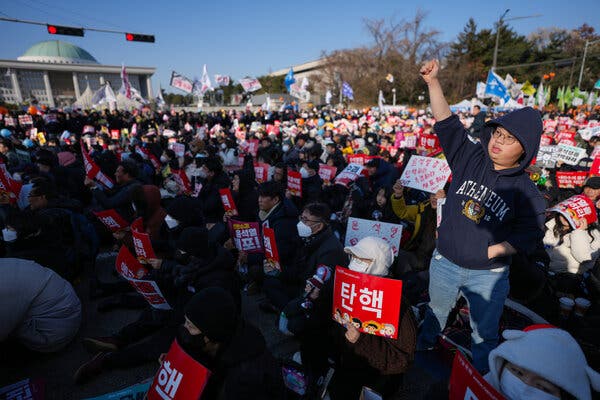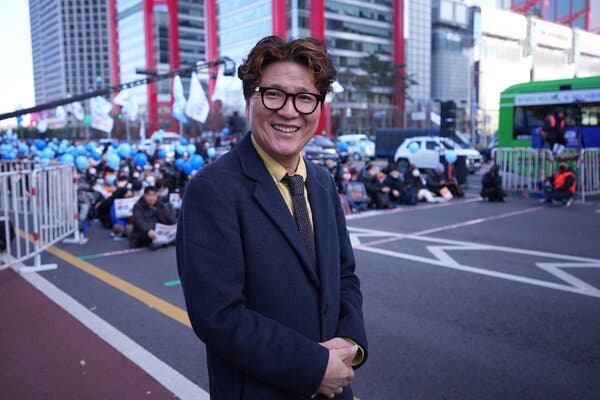The central issue in the election is how to correct the economy’s deep imbalances.

Sri Lanka is holding a presidential election on Saturday for the first time since its strongman president fled the country two years ago in the face of protests over an economic collapse.
During the 2022 crisis, Sri Lanka defaulted on its foreign debt and suffered shortages of imported fuel and food as its foreign exchange reserves ran dry. The interim government has introduced austerity measures to stabilize the economy, a condition for receiving a $3 billion bailout from the International Monetary Fund.
The central issue in the election is how Sri Lanka should correct the imbalances in an economy long warped by too little taxation, too many subsidies and excessive borrowing. Opponents are trying to paint the incumbent, Ranil Wickremesinghe, as placing an unfair burden on the poor through increased taxation. They also say he is letting off the hook the elites whose corruption and mismanagement wrecked the economy.
The race is seen as tight. Here are the main contenders.
The Incumbent
Mr. Wickremesinghe, 75, a six-time former prime minister, is a political survivor. His elevation to the presidency in 2022, after the overthrow of Gotabaya Rajapaksa, plucked him out of irrelevance and demonstrated his formidable bargaining powers.
He became interim president with the help of the powerful Rajapaksa clan, in what many saw as a deal in which he would not take action against the Rajapaksas for running the economy into the ground.



